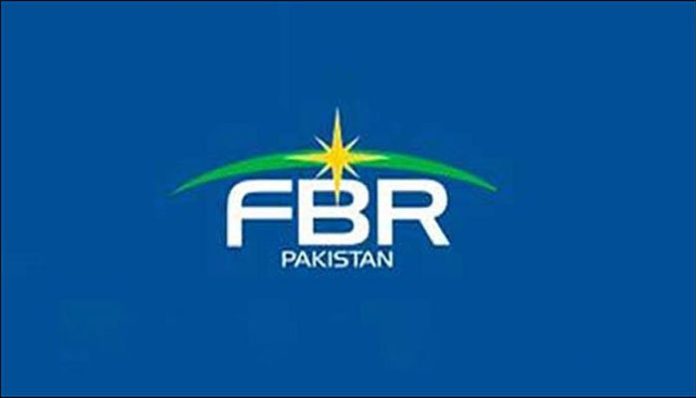KARACHI: The tax authorities on Thursday said that necessary changes have been made in the tax laws to allow payment of salary through digital mode.
The Federal Board of Revenue (FBR) said that currently any salary paid or payable exceeding Rs25,000/month has to be made through cross-cheque or direct transfer of funds to the employee’s bank account under section 21 of the Income Tax Ordinance, 2001.
“To bring this provision in conformity with the newly-inserted clause (la) ibid [through Tax Laws (Third Amendment) Ordinance, 2021], in case of payments against salary in excess of Rs25,000/month, the mode of digital payment has been added to the available modes referred to above,” the FBR said.
It also said to improve documentation, changes have been introduced to section 21 of the Income Tax Ordinance, 2021.
Previously, the payments under a single head account exceeding Rs250,000, made by any taxpayer were required to be made through cross-cheque or cross-baking instruments, including digital payments.
“Through this amendment, [the] payments made by a company under a single head of account exceeding two hundred and fifty thousand rupees other than by digital means from the business bank account of the taxpayer notified to the commissioner under section 114A of the ordinance shall not be admissible as deductions,” the FBR said.
However, certain expenditures on account of utility bills, freight charges, travel fare, and payment of taxes and fines would continue to be admissible even though paid in cash or via traditional banking instruments.
The purpose behind this legislative enactment is to encourage digital payments and discourage traditional mode of transactions by the corporate sector in the first phase.
However, owing to the lack of total digital readiness by some corporate taxpayers, the corporate taxpayers are allowed to switch to this mode with effect from November 1, 2021.
In the intervening period they may use digital payments or continue with the existing procedure of making payments by a cross-cheque drawn on a bank or by cross-bank draft or cross-pay order or any other cross-banking instrument, showing transfer of amount from the business bank account of the taxpayer.
